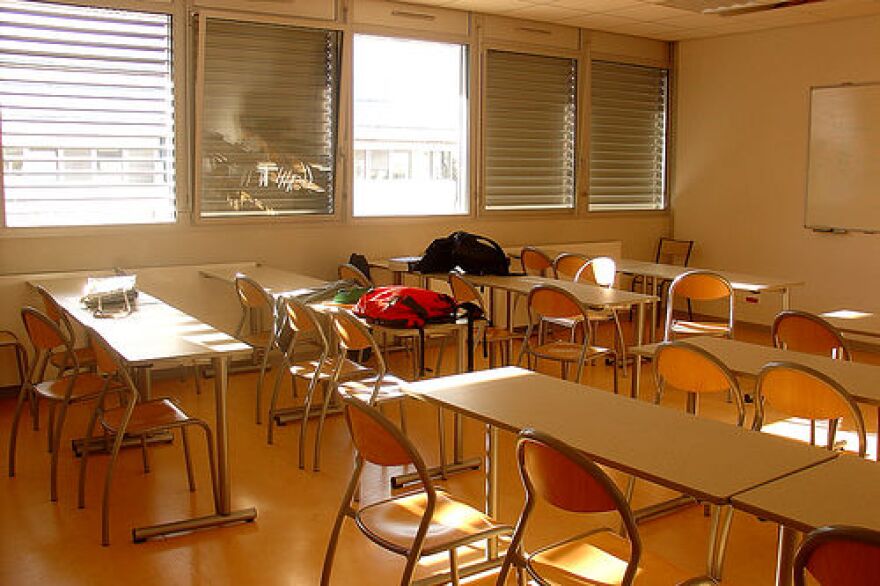About one out of ten black students in Wake County’s Public Schools were suspended last school year, according to an annual report presented to Wake County School Board members on Tuesday.
Black students accounted for 63 percent of Wake’s total suspensions, while making up about of fourth of the overall population. Black students also made up 59 percent of Wake’s individual suspensions.
The numbers highlight trends that can be seen throughout the state and nationally. Leaders of Wake County public schools–the largest district in the state – say they’re working on addressing the racial disparities by providing more training opportunities and increasing alternatives to suspension.
“One of our goals is to ensure that there is equity in every part of our programming and work,” says Brenda Elliott, assistant superintendent for student services. “We don’t want any of our outcomes to be identifiable by race.”
The district is also working on expanding mental health resources and launching a pilot program at four middle schools with high suspension rates.
Last year, the district made an agreement with local law enforcement agencies to clearly outline the duties and responsibilities of school resource officers. It requires officers to attend annual training on topics like cultural competency, alternatives to incarceration programs and conflict resolution processes.
While the number of overall suspensions increased by 6 percent from 2013-14 to 2014-15, Wake schools have seen a 34 percent reduction in total suspensions over the last five years.
According to state data from 2013-14, the district has lower high school suspension rates than other large school districts, like Charlotte-Mecklenburg, Durham and Cumberland.
Wake schools released another report this week that looks at student arrests, which also highlight racial disparities.
It shows the odds of being arrested for fighting are 1.67 times higher for black students as compared to other students. In terms of being arrested for theft, the odds are 1.7 times higher for black students.
Black students in Wake County Public Schools represented 69 percent of all referrals made by school resources officers to a court system, such as the adult criminal justice system, juvenile petitions or teen court.









